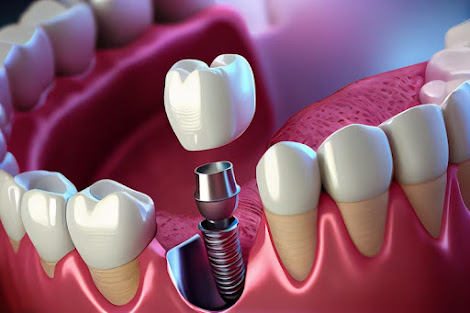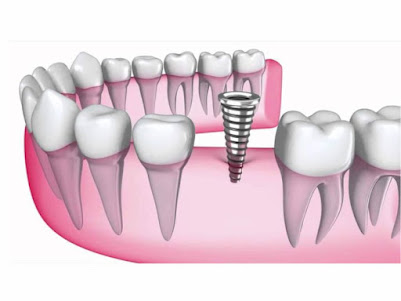8 Tips for Long-lasting Dental Implants
Dental implants are a popular and effective solution for replacing missing teeth, offering a natural look and feel. While dental implants are designed to be a long-lasting solution, their success and longevity depend significantly on proper care and maintenance. Here are eight essential tips to ensure your dental implants last for many years.
1. Maintain Excellent Oral Hygiene
Oral hygiene is crucial for the longevity of dental implants. Just like natural teeth, implants require regular brushing and flossing to remove plaque and food particles. Brush your teeth at least twice a day using a soft-bristled toothbrush and non-abrasive toothpaste to avoid damaging the implant surface. Additionally, floss daily to clean between the teeth and around the implant. Consider using an interdental brush or water flosser for more effective cleaning.
2. Regular Dental Check-ups
Regular dental check-ups are essential for monitoring the health of your dental implants and overall oral health. Visit your dentist every six months, or as recommended, for professional cleanings and examinations. These visits allow your dentist to detect and address any potential issues early, ensuring your implants remain healthy and functional.
3. Avoid Hard and Sticky Foods
While dental implants are strong and durable, they can still be damaged by excessively hard or sticky foods. Avoid biting down on hard items such as ice, hard candies, and nuts, as they can crack or chip the implant or surrounding teeth. Sticky foods like caramel and gummy candies can also cause problems by adhering to the implant and increasing the risk of plaque buildup and decay.
4. Quit Smoking
Smoking can significantly impact the success and longevity of dental implants. It impairs the healing process after implant surgery and increases the risk of implant failure and complications such as infections and bone loss. Quitting smoking can greatly improve the chances of a successful implant and contribute to overall better oral and general health.
5. Protect Your Implants
If you participate in contact sports or activities that pose a risk of impact to your mouth, wearing a mouthguard is essential to protect your dental implants in Plano. A custom-fitted mouthguard from your dentist offers the best protection, ensuring your implants and natural teeth are shielded from potential trauma. Similarly, if you grind or clench your teeth at night, wearing a night guard can prevent damage to your implants and surrounding teeth.
6. Eat a Balanced Diet
A healthy diet plays a vital role in maintaining the health of your dental implants Treatment and natural teeth. Ensure your diet includes plenty of fruits, vegetables, lean proteins, and dairy products to provide the necessary nutrients for strong teeth and bones. Foods rich in calcium and vitamin D, such as milk, cheese, and leafy greens, are particularly beneficial for maintaining bone health around the implants.
7. Avoid Teeth-Staining Habits
While dental implants themselves do not stain, the surrounding natural teeth can become discolored, creating an uneven appearance. Avoid habits that can stain your teeth, such as smoking and consuming excessive amounts of coffee, tea, red wine, and dark-colored foods. Pinnacle Dental Plano Maintaining good oral hygiene and limiting these habits can help keep your smile bright and even.
8. Stay Hydrated
Staying hydrated is essential for overall health and oral health. Drinking plenty of water helps wash away food particles and bacteria, reducing the risk of plaque buildup and gum disease. Additionally, staying hydrated promotes saliva production, which is crucial for neutralizing acids and protecting your teeth and gums, including the areas around your implants.
Conclusion
Dental implants are a valuable investment in your oral health and confidence. By following these tips and maintaining good oral hygiene practices, you can ensure that your dental implants remain healthy and functional for many years. Regular dental check-ups, a balanced diet, and protective measures such as mouthguards and quitting smoking all contribute to the longevity and success of your implants. Remember, taking care of your dental implants not only enhances their lifespan but also improves your overall oral health and quality of life.




Comments
Post a Comment